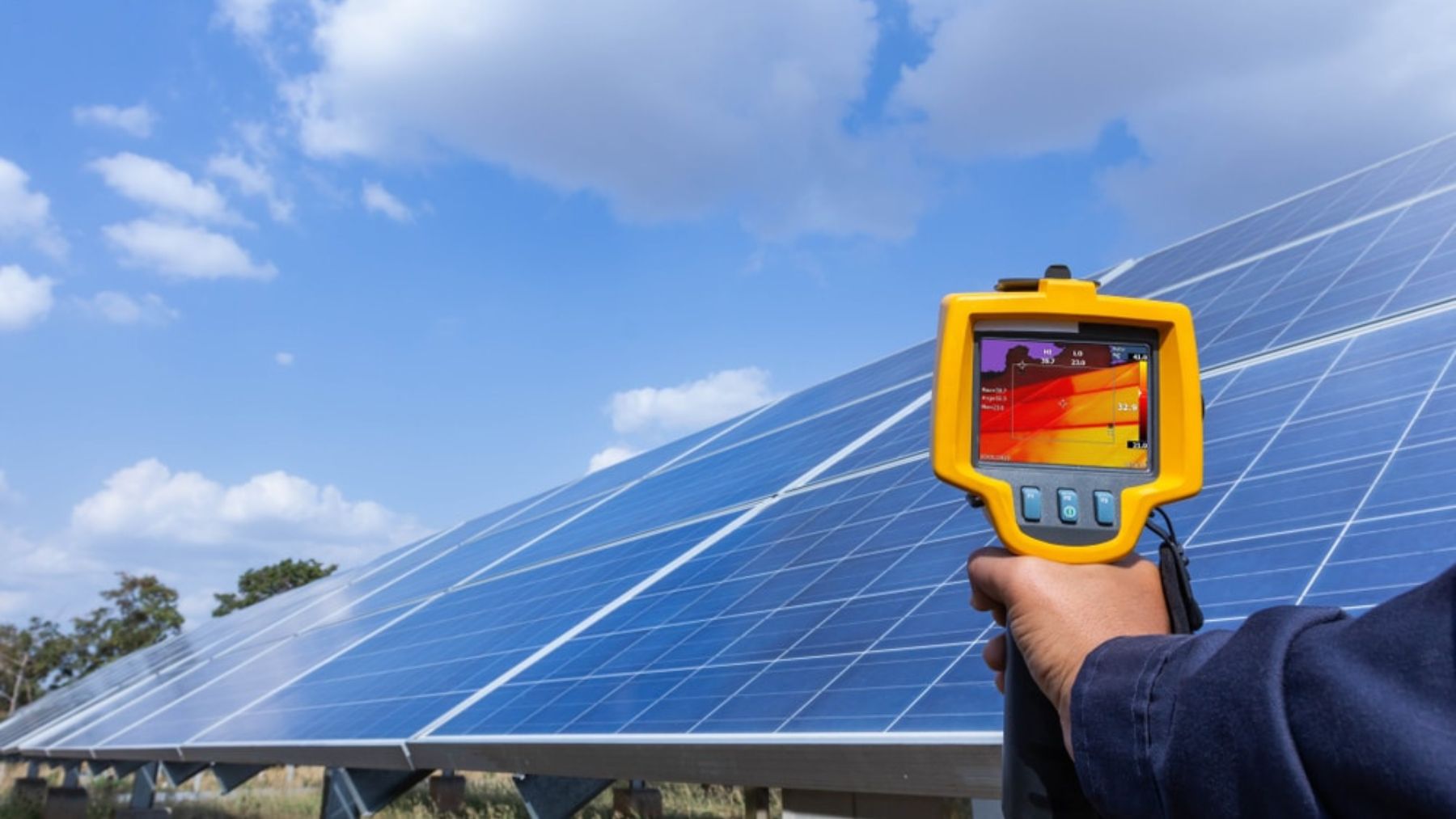From now on the solar panels They will have to pass extensive quality control. This new application will be of international level and leaves new solar panels without installation out of the picture. The efficiency of the photovoltaic solar panels It is linked to the quality of your photovoltaic (PV) cells. Your conversion efficiency is the percentage of solar energy that shines on a solar panel and becomes usable electricity. The more efficient a solar panel is, the more energy it will generate from the amount of light hitting the cell. This context in turn means that it requires a much smaller surface area to meet all its energy needs.
The efficiency of these energy ‘tools’ has improved significantly in recent years. According to the website of Enelhas increased from an average of about 15% conversion of sunlight into usable energy to almost 20%. High-efficiency panels can even reach 23%.
On the other hand, the rated power of a standard size panel has also increased, from 250W to 370W. This efficiency is determined by the efficiency of the photovoltaic cell (i.e. the type and design of the cell) and the overall efficiency of the panel, based on other factors such as the cell type, layout and size. A simple way to increase efficiency solar panels is to consult the manufacturer’s reference index, which is based on standard test conditions and provides a reliable performance overview.

They propose extensive quality control for solar panels
German professional experts in the field of solar photovoltaics propose a new quality standard for solar panels that assesses certifications, components and production centers. They have created a quality standard for solar panels that suggests three categories: basic, standard and advanced. Under these circumstances, they analyze certifications, components and production centers, among other things.
This project bears the seal of Goldbeck Solar, Baywa re, Enerparc, Abo Energy, Greentech, Iqony Solar Energy Solutions and Schoen Energywhich the Quality Standard for Solar Modules (SMQS). It is based on the specification VDE SPECIFICATION 90038-1 and describes the requirements for generating and testing solar panels.

The goal is to make the purchasing process faster while guaranteeing the performance and longevity of the modules. Although the working group is German, this is an international proposal. It would like to describe the quality level and boundary conditions of solar modules made of crystalline silicon using “current technology” (i.e. in the year of publication of the specification).
It focuses on solar panels typically used in ground-mounted photovoltaic systems. Other technologies, such as thin-film modules or modules based on tandem solar cells, are not covered by the application sector of the document.
Solar panels are entering a new phase with extensive quality control
The requirements are described in general terms and an option is defined to specify the technical conditions to be specified in the purchase contract. During contract negotiations, the customer and the vendor/manufacturer can determine the expected level between basic, standard and advanced.
The standard VDE SPECIFICATION 90038-1 is divided into 3: manufacturing and documentation requirements, measuring and testing module performance and manufacturing processes to ensure long-term quality. All 3 contain checklists (checklists) that can be agreed during the negotiations on the supply/purchase of modules.
The tolerances allowed at each level are as follows: +/- 5% deviation at the basic level, +/- 3% at the standard level and +/- 1% at the advanced level. If this quality control is performed, the solar panels They would enter a new phase, news that is almost as surprising as that of these solar panels that double their efficiency.

